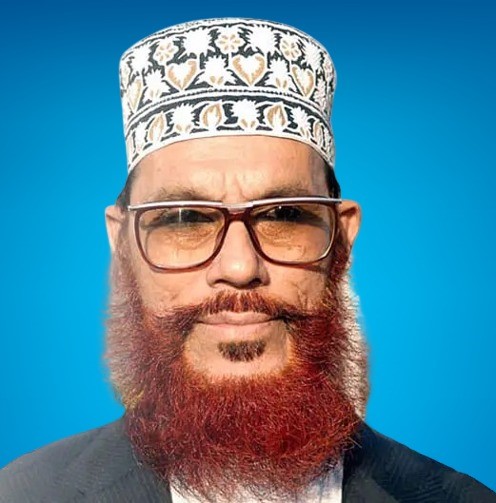The society of Bangladesh was divided into adoration and blame when Delwar Hossain Sayeedi was mentioned. This man had a complex disposition in both political and religious circles of his country. He was a good orator who had a captivating personality as well as being presence in the leadership positions in the Bangladesh Jamaat-e-Islami. His life was characterized by successes and controversies that have contributed to defining the history of Bangladesh.
Early life and education
On February 2, 1940 (Pirojpur district of Bengal Presidency, British India which is now Bangladesh), the birth of Sayeedi took place. Sayeedi also came from a humble family background. Sayeedi’s early education involved Islamic teachings where he mainly concentrated on Islamic studies. He obtained majority Islamic knowledge including understanding Islamic law and interpretation of Islamic scripture from traditional Islamic seminaries.
Though little information is available about Sayeedi’s formal secular schooling, it is apparent that he was exclusively inclined towards religious academia. Actually, emphasis on religious knowledge would later become Sayeedi’s hallmark in his public persona and our political orientation.
Joining Jamaat-e-Islami
Moreover political journey began when he became involved in the Jamaat-e-Islami party which is an Islamist political association in Bangladesh. His rapid rise through its leadership ranks can be explained by his great ability to speak in public and understand people very well. Moreover, firebrand speeches laden with religious overtones endeared him to conservative sections of Bangladeshi society thereby attracting huge following.
Also, it is because of his charisma and shrewdness in politics that made others see Sayeedi as one of the faces of Jamaat-e-Islami. He held several offices within the party which he used to strengthen his power base slowly building up to a point where he could not be ignored.
Political Career
Sayeedi’s career as a politician was characterized by both victories at the ballot box and periods of controversy. In 1996-2006 he was elected Member of Parliament representing Pirojpur-1 constituency during which time he consistently opposed government policies and could sometimes adopt confrontation mode against.
On the other hand, in terms of creating political agenda for Jamaat-e-Islami, Sayeedi played a crucial role in steering the wheel. He successfully marshaled his party’s support base as well as defining its ideological standpoints.
The 1939-1945 War Of Liberation And Post War period
Sayeedi’s political trajectory was shadowed by the Bangladeshi Liberation War’s blood stamp that resulted into the Bangladesh independence. The Jamaat-e-Islami lost its footing on earth when he (as well as different other people within the party) was alleged to have collaborated with Pakistan army which was then seen as intruding force.
Claiming political victimization, Sayeedi rejected those allegations. Nevertheless, these accusations plagued this party and contributed to political instability throughout the nation.
Trials and Conviction
In the early 201s, Bangladesh set up the International Crimes Tribunal (ICT) to investigate and prosecute individuals accused of war crimes dating back to the 1971 war period. Sayeedi was among the defendants charged with genocide, rape and crimes against humanity.
The trial became highly political and sparked public debate. Sayeedi’s innocence was always defended by him and his supporters saying that the charges were fabricated to tarnish the image of Jamaat-e-Islami.
In 2013, Sayeedi was found guilty on eight of the twenty charges against him by ICT and sentenced to death. His conviction triggered countrywide protests accompanied by violent clashes depicting deep cleavages in Bangladeshi society.
Nonetheless, after the appeal of a man sentenced to the death penalty, in 2014, the Supreme Court commuted his punishment to life imprisonment.
Death and Lasting Influence
Delwar Hossain Sayeedi died at 83 years old on August 14th 2023 leaving behind unresolved issues during his lifetime.
But how would we describe this person? The legacy of Sayeedi remains contentious. For some people, he is seen as an ardent Muslim who espoused Islamic principles while his incarceration is perceived as a political vendetta against Jamaat-e-Islami.
Critics compared him to war criminals noting that he enabled untold suffering on humanity because he was found guilty. Apparently, this particular conviction marked only one step towards the realization of justice for victims of 1971 war.
In conclusion, regardless of whether one considered him a hero or villain, Delwar Hossain Sayeedi had left an indelible mark on the history of Bangladesh where his contemporaries still engage.


